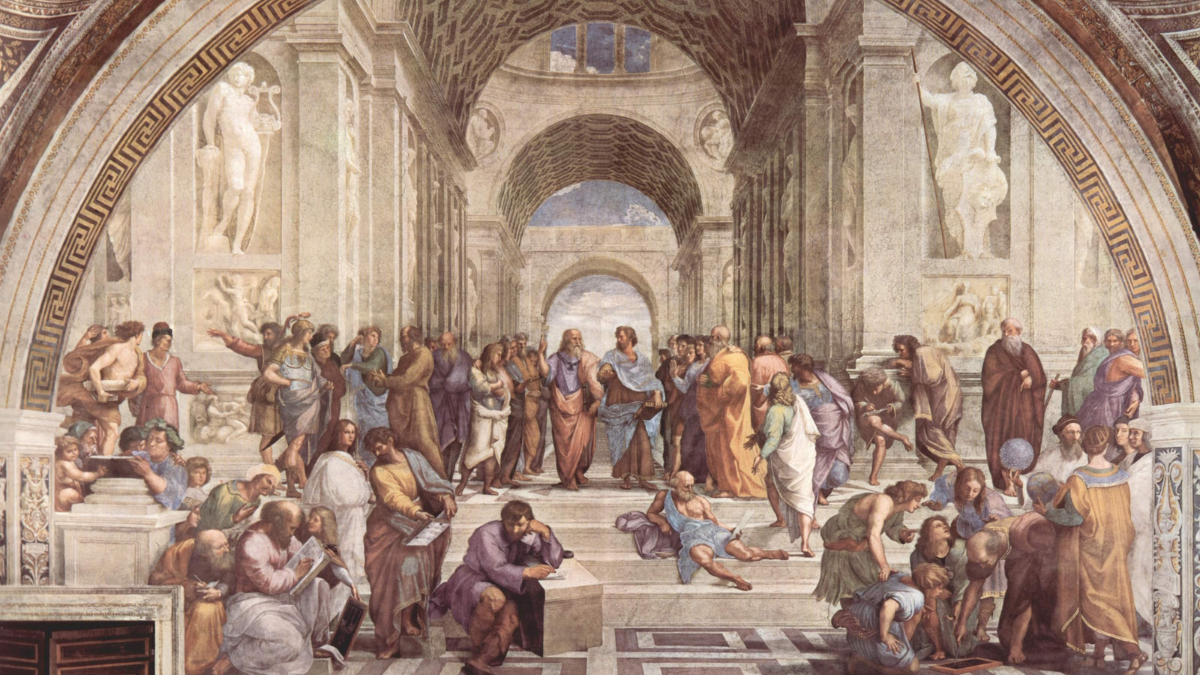Billions of daily texts are sent globally…
Each person sees 4-10k ads a day. We’re now programmed on autopilot to receive a litany of messages. And that’s just the aforementioned. The exception to the wider rule — the content we consume. It’s everywhere; we can’t help but scroll and see so many ‘lives’ and thoughts shared. But does one always feel better as a result?
I wonder this myself. 6 years ago I had a mental health breakdown. After the fact I realised it may be attributed to late diagnosed ADHD (story for another time) but I realised that the typical origin of ‘content’ and self help were borne from the same places (i.e. online/social/email) that drove so much burnout and overwhelm. Time to consider a more sustainable and analogue source.
I got into Stoic philosophy; as an enjoyer of history and someone over-enthused on many areas and disciplines (polymath the cool word), I yearned for the old books, the original teachings, the provenance of which was ancient Greece (ironically I discovered it through an Instagram account, but hey at least I moved offline with this). But the teachings are of humans, of mind management and living accordant with nature. Timeless themes and none more apt that the principles are widely credited as the tenets of cognitive behavioural therapy (CBT). This figured given my recovery journey! So why is this so good for us?
The overarching concept — focus on what you can control
“The chief task in life is simply this: to identify and separate matters so that I can say clearly to myself which are externals not under my control, and which have to do with the choices I actually control…”
Epictetus
Nothing more to be said, except to ask yourself, how much of your life and happiness do you sacrifice thinking of others and worrying about what’s out of your control? What if we could put equivalent energy into what we could indeed impact? This alone will likely account for 99% of your improved happiness.
Acta non verba (deeds not words)
This is the true embodiment of the Stoics — a practical one that lives beyond the theory of so many ‘ink and paper’ philosophies. ‘Don’t speak any longer of being a good man, be one’ as the old translation goes. Engendered language aside, the soundbites, Twitter opinions, life hacks and 5am-motivational posts forge themselves into our mind as we scroll; good on them and their nice pithy soundbites — but what can we do with it? Will we really ‘be kind’? Yes let’s, it’s good for your contentment too. Doing good things.
Momento Mori — meditate on death to live daily
We’re dying every day as Seneca reminded us. As morbid as this sounds this reminds us how short life is and it enables us to focus on living each day as if it may be a last; ‘you could leave life right now’ said Marcus Aurelius, ‘let that determine what you do, say and think’ .
Apatheia — striving for equanimity and calm
Leading to the cross-school notion of ‘ataraxia’, defined by the Stoics as being in a state free of distress and worry. The pursuit of such calm and apatheia leads to greater wellbeing. And acceptance of knowing that things happen. They just are.. but remain unperturbed. Which leads me to…
Amor Fati — Accept what is. Roll with punches
It is what it is. When life throws you lemons, make lemonade etc. Aurelius noted the impediment to action advances action. Deal with the shit. The shit is guaranteed and will happen. To want otherwise and pursuit toxic positivity is to defy nature. Accept bad times, but use them and work around them.
Five quick concepts. My advocacy for it yearned for 50, but there’s editorial confines. But they’re your starters. Meditate on these. They will hopefully offer you increased contentment.
Ps. In my monthly marketing newsletter I looked into how we can apply such Stoicism to your marketing function and planning — check it out here.
Featured image: janeb13 / Pixabay




























